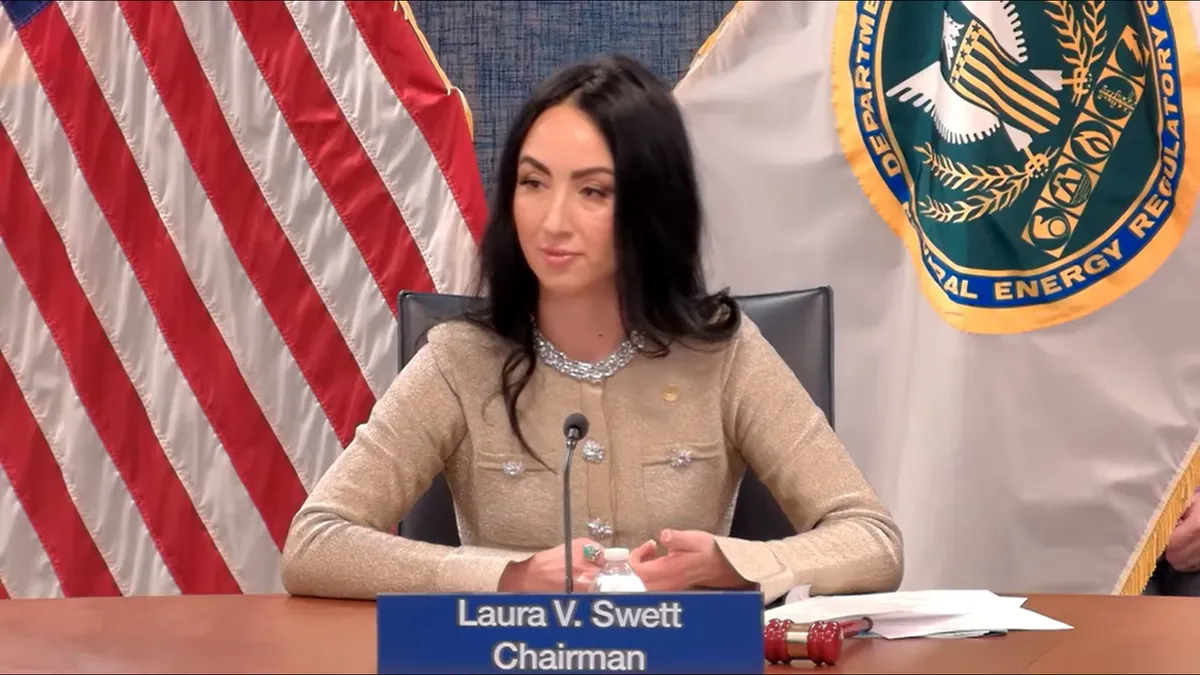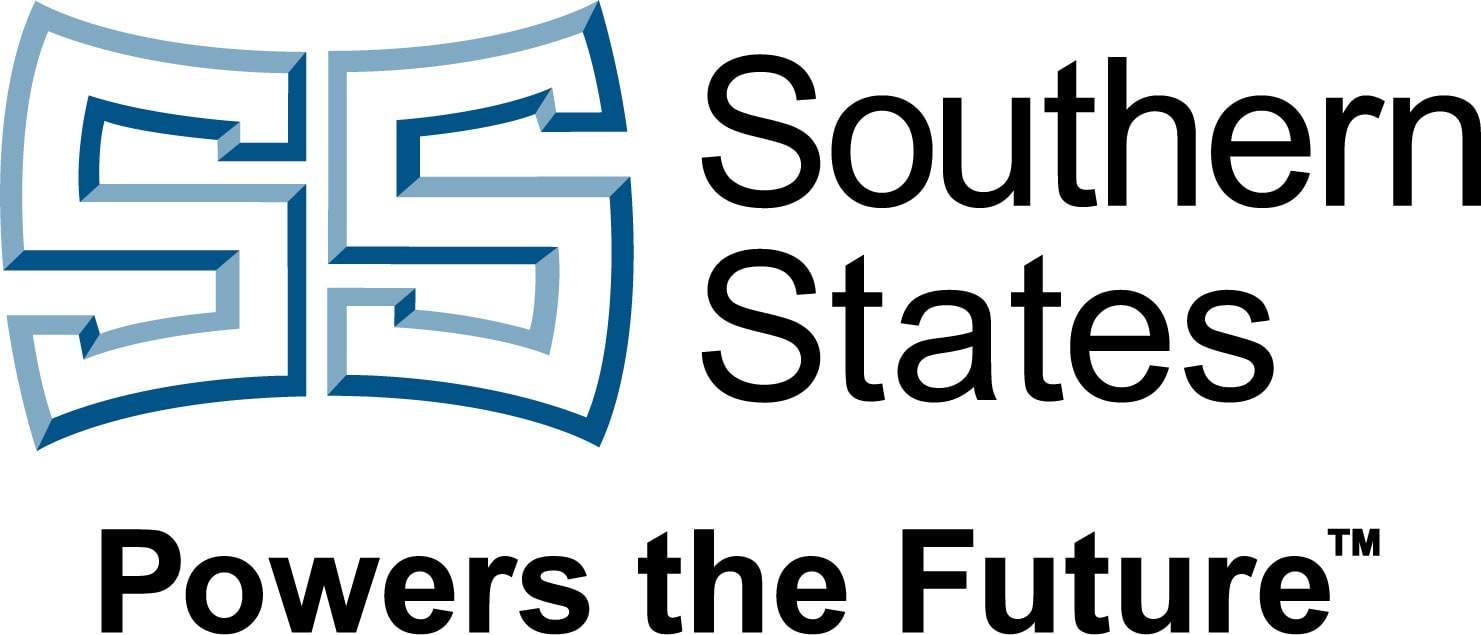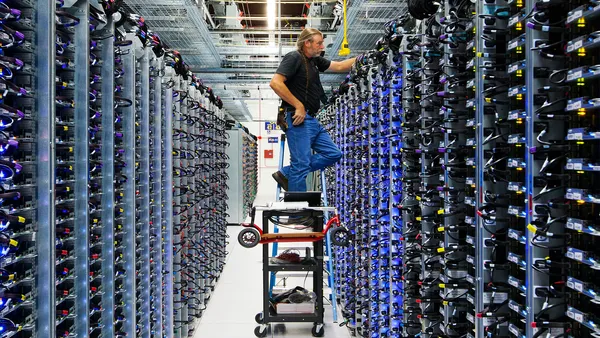Exelon seeks power supply role
Exelon serves more than 10.7 million customers through six regulated transmission and distribution utilities: Atlantic City Electric, Baltimore Gas and Electric, Commonwealth Edison, Delmarva Power & Light, PECO Energy and Potomac Electric Power Co.
The company is continuing to press for a role in providing power in deregulated states like Maryland and Pennsylvania, where utilities are barred from owning power plants.
“All states need to leverage all available options to bring control, certainty and customer benefits to securing power,” Calvin Butler, Exelon president and CEO, said Tuesday during an earnings conference call with analysts.
Utilities can help states ensure they have adequate power supplies through investments in energy efficiency, distributed and community solar and storage, or by owning more traditional generation plants, Butler said.
A pending solicitation for dispatchable generation in Maryland appears to have fallen short of its goal, Butler said. Bids were due at the Maryland Public Service Commission on Oct. 31.
Constellation Energy offered 714 MW of gas-fired, combustion turbines and four 200-MW, four-hour battery storage projects. The storage projects have a 58% effective load carrying capability — a measure of reliability during peak demand periods — while the solicitation called for resources with a minimum 65% ELCC.
Alpha Generation offered a 35-MW uprate at its gas-fired Keys Energy Center, and Total Civil Construction and Engineering made a confidential offer, according to filings at the PSC.
Maryland Department of Natural Resources staff is set to make a recommendation in December on which projects to advance for a fast-track certificate of public convenience and necessity review at the PSC.
“This is all about solving the problem and bringing energy costs under control for our customers,” Butler said. “We are more than willing to step up.”
Data center pipeline grows
Besides the 18 GW of data center load that is in official phases of engineering with paid deposits, Exelon utilities have 6 GW of potential data center customers that are close to signing transmission service agreements that lay out the terms and conditions for being connected to the grid, according to the Chicago-based company.
The TSAs help weed out speculative data center projects while insulating the rest of the utility customer base from costs related to serving the data centers, according to Jeanne Jones, Exelon executive vice president and CFO.
The first TSA developed by an Exelon utility is between PECO Energy and Amazon Data Services, Jones said. The agreement outlines how Amazon will pay for any grid upgrades that are needed to supply power to its planned data center in Falls Township, Pennsylvania.
Vistra is set to supply power to the data center from the 1,320-MW, gas-fired Fairless power plant in Fairless Hills, Pennsylvania, which it bought from Lotus Infrastructure Partners on Oct. 22.
The TSA is under review by the Federal Energy Regulatory Commission. The PJM Interconnection’s market monitor contends the agreement should be rejected unless PECO can show the data center’s draw on an existing power plant won’t increase energy and capacity costs for retail electric customers or hurt grid reliability.
“The adverse impacts on resource adequacy in PJM of the proposed interconnection that will result from the TSA should be a core concern in review of the TSA,” Monitoring Analytics, the market monitor, said in a Tuesday filing at FERC. “The interconnection of large new data centers must be managed so as to provide reliable service to new and existing customers. It is just as essential to national security to reliably serve the existing industrial, commercial and household loads.”














